What is most important, at the outset, is to make the path count as well. For this, it is necessary to involve everyone and not go against anyone. This is the premise behind the various agreements signed yesterday, which formalized the University of the Algarve, the Tourism Region and AMAL, which brings together the 16 municipalities of the Algarve, as co-promoters of the candidacy of Faro the European Capital of Culture (CEC) in 2027, together with the Chamber of the Algarve capital.
Teatro das Figuras, the county's main concert hall and the largest in the region, one of the brands that remained from the Faro National Capital of Culture 2005, hosted a ceremony that served not only for the promoters of the candidacy to make their condition official, but also for other entities, namely the CCDR and the regional departments of Culture and the Portuguese Institute of Sport and Youth, to sign collaboration agreements with the Faro local authority, which will be the ones who will show face for the proposal, to Brussels.
«Today we managed to bring together the main agents of the Algarve, politicians, cultural decision-makers and others here, and there is a lot of work to be done. I think that the differences have to be accepted, because this is also what makes us progress, but there are things that should unite us and this project is one of those things», summarized Rogério Bacalhau, president of the Chamber of Faro.
“We are not here working for us, we are working for the development of the municipality and the region. I will certainly no longer be here, in these roles, in 2027. But if we manage to get there with the European Capital of Culture or with a path traveled and a transformative work, to have a better region and a happier population, then we have already won all,” he said.
This moment culminates a work that was already being developed, not only at the regional level, but also at the national and even international level. The team that has been preparing the candidacy for about a year, led by Bruno Inácio, has been trying drink as much information as possible, as well as creating networks and bridges.
A connection that Faro he has already guaranteed – and that it started long before there was the intention to run for CEC, through the late Joaquim Guerreiro, the father of this idea – it was with Carlos Martins, former executive director of Guimarães 2012, who was in the Algarve capital yesterday to give some hints about what is, after all, this thing of making a European Capital of Culture, but, mainly, about «what not to do».
And what a City Council of a city that wants to be European Capital of Culture should not, in any way, do is present a candidacy prepared in the absence of the population and local forces.
“This cannot be an application by the municipality, it has to be a project of the city and the citizens. Either it's up to each and everyone who wants to make a contribution, or it doesn't make sense», he considered.
Nor can it be “a project only for the culture gang. It has to involve schools, companies, associations, etc.».
No case of Faro, this «sharing of the process by all» means, for now, going beyond the boundaries of the municipality and moving forward together with regional entities and with the other municipalities of the Algarve.
Carlos Martins also warned of the need to come up with something different, original and genuine. The important thing, he says, is “not to reproduce the past, but to look to the future”. In other words, for the jury that chooses the European Capitals of Culture, what already exists in a city, namely its cultural heritage, is not very relevant. What matters is what the event can leave behind and the improvements it will bring».
This is where the Strategic Plan for Culture comes in, a fundamental document for the candidacy. And this strategy must “be built with many heads and be a project to which many commit themselves, as this is not a project for a mandate. 2027 is not on the immediate horizon of any of the current political agents, so it is important that there is convergence and not division», said Carlos Martins.
In other words, this cannot be a project of a particular party, it has to go beyond the party dimension. "There have already been applications that have fallen because of this," he warned.
No case of Faro, this last message seems to have been well internalized. The initial statement by the municipal executive, led by the social democrat Rogério Bacalhau, elected by a PSD/CDS-PP/MPT/PPM coalition, with a majority in the Chamber, was made by Miguel Sengo Costa, a councilor of the minority opposition , "something that is not common", as he himself admitted.
António Miguel Pina, president of AMAL and the Chamber of Olhão, elected by the PS, also highlighted this dimension of putting partisan and territorial rivalries behind their backs.
«The young man from Olhão comes here to ask for Faro be European Capital of Culture. Do I need to say anything else?”, he joked. On a more serious note, the president of the Algarve Intermunicipal Community guaranteed that the commitment of the 16 municipalities is total, which seemed to be confirmed by the presence of many mayors, PS, PSD and CDU.
“This process requires great humility from everyone, from the municipality that leads the application, but also from all partners. I hope this is seen as an Algarve European Capital of Culture. What we wanted to show here today is that we are the Algarve and not just the city or the municipality of Faro. It will never be a project of Faro for Faro. It is born for the region and with it it will be carried out», assured Bruno Inácio.
«The main message we want to convey is that an investment of this dimension, with the involvement of different bodies and with the difficulties that mean for a City Council to dedicate itself to a project of this nature, if we were only focused on the final objective and did not realize that the path that can take us there must be structuring and transforming, it would not make sense to make the effort," he added.
As for the budget needed to carry out the event, Bruno Inácio estimates that it will range between 30 and 40 million euros. To achieve them, the Algarve will have to find funding sources, public but also private.
It is that, assured Carlos Martins, from Guimarães 2012, a European Capital of Culture «is expensive», but the financial return is enormous. «In Guimarães, the investment was around 25 million euros. But the return, in macroeconomic terms, was 167 million. It's a difficult exercise, but it pays off.”
In other words, summed up the same responsible, “this is not easy, but it is worth the effort”.
The ceremony featured two musical moments, starring local artists, namely accordionist Nelson Conceição and baritone Rui Baeta.
Watch the video of Rui Baeta playing Plaisir d'Amour, a song best known in Elvis Presley's version Can't help falling in love:
See photos from the ceremony:
Photos: Hugo Rodrigues|Sul Informação
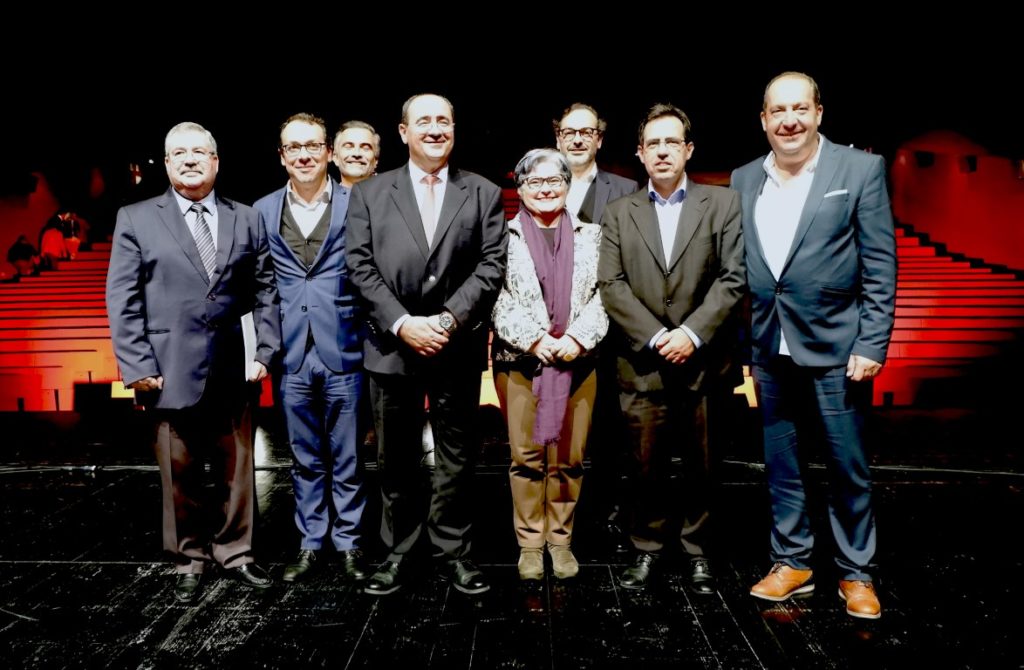
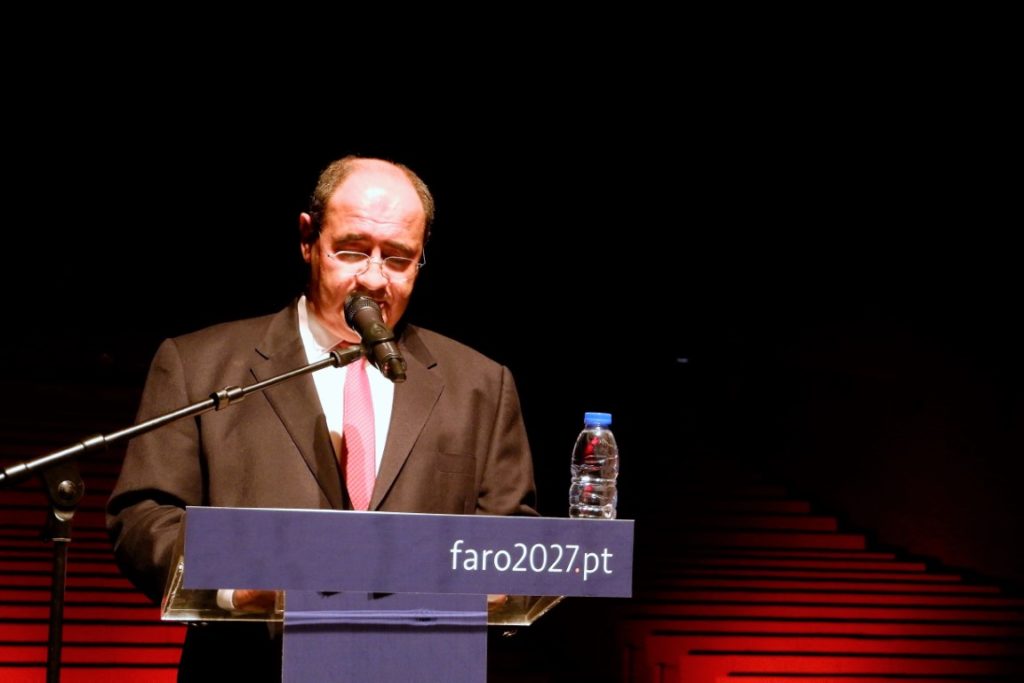
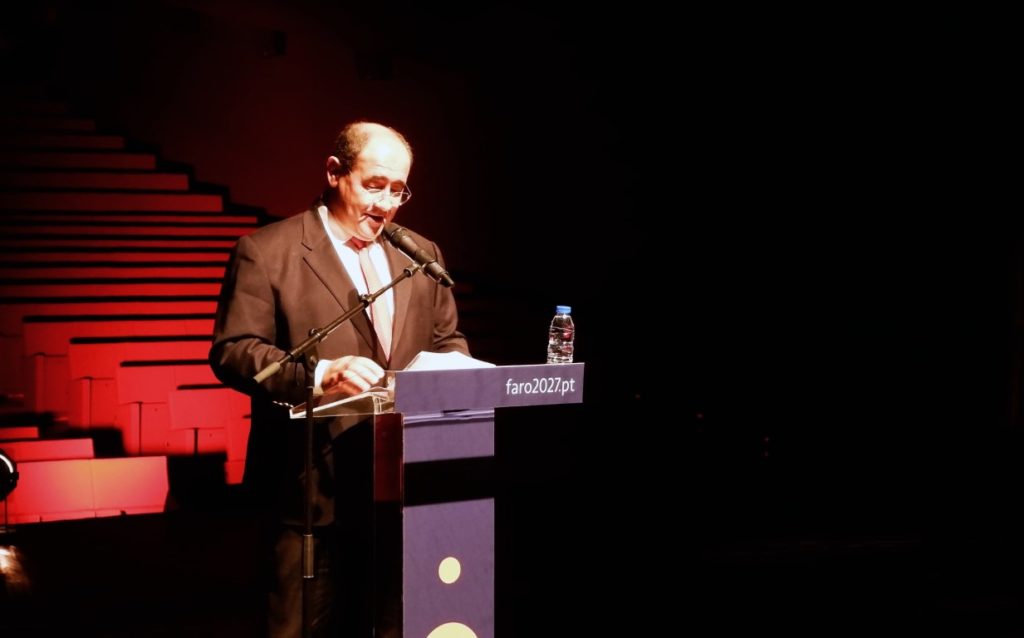
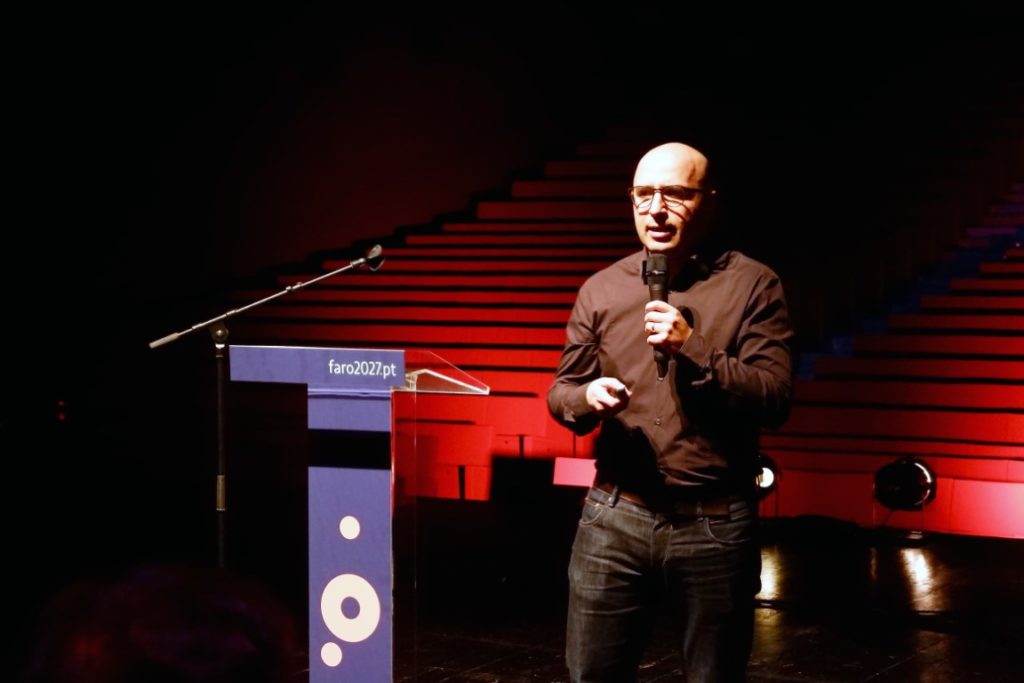
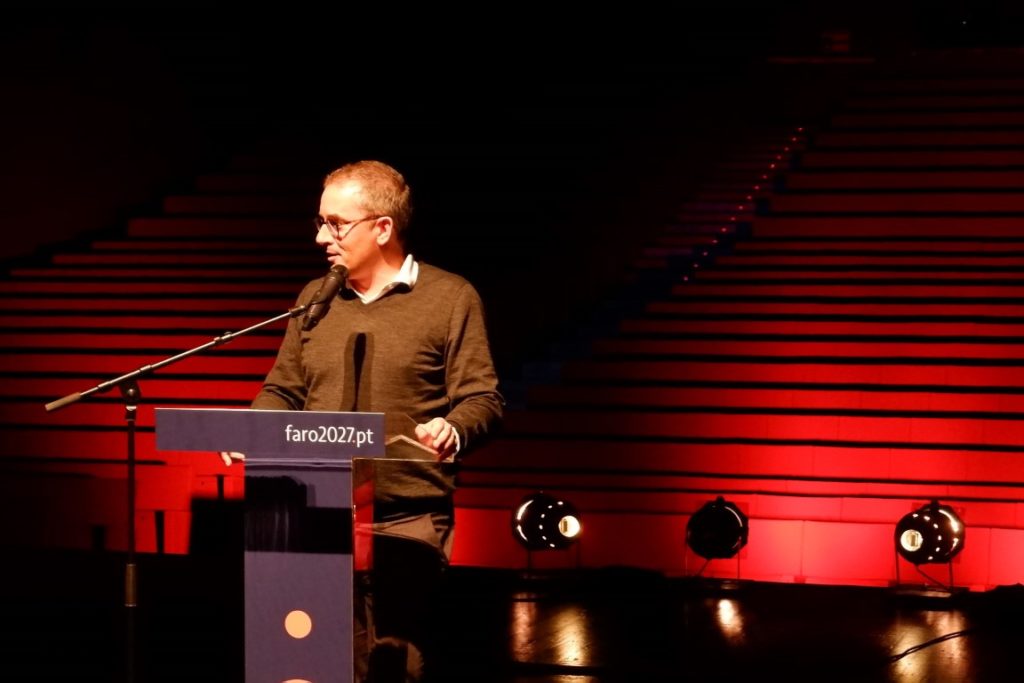
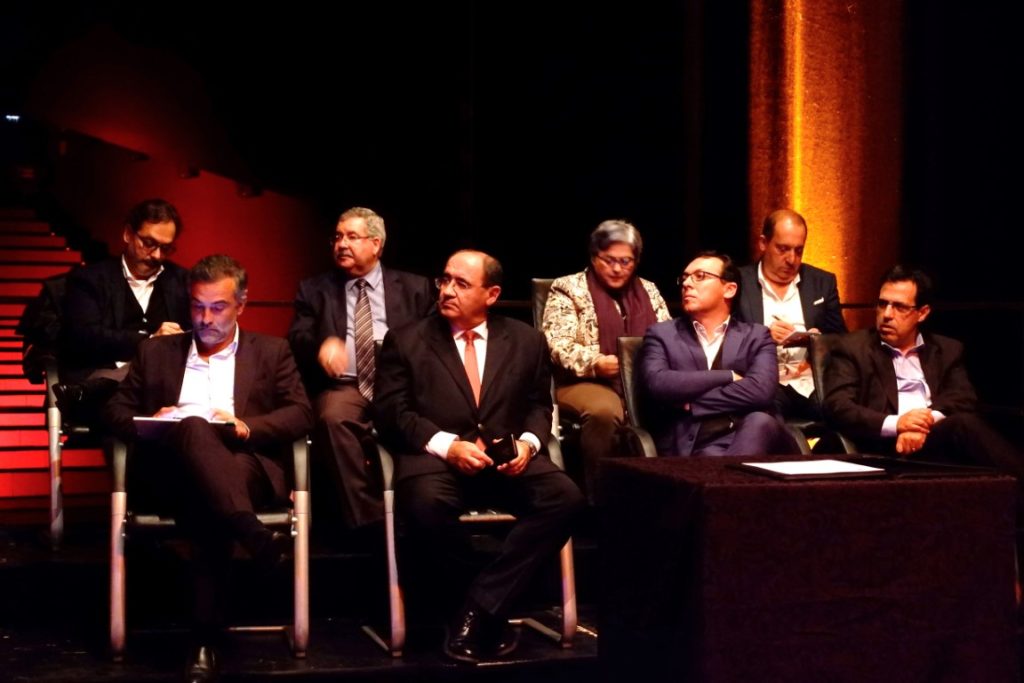
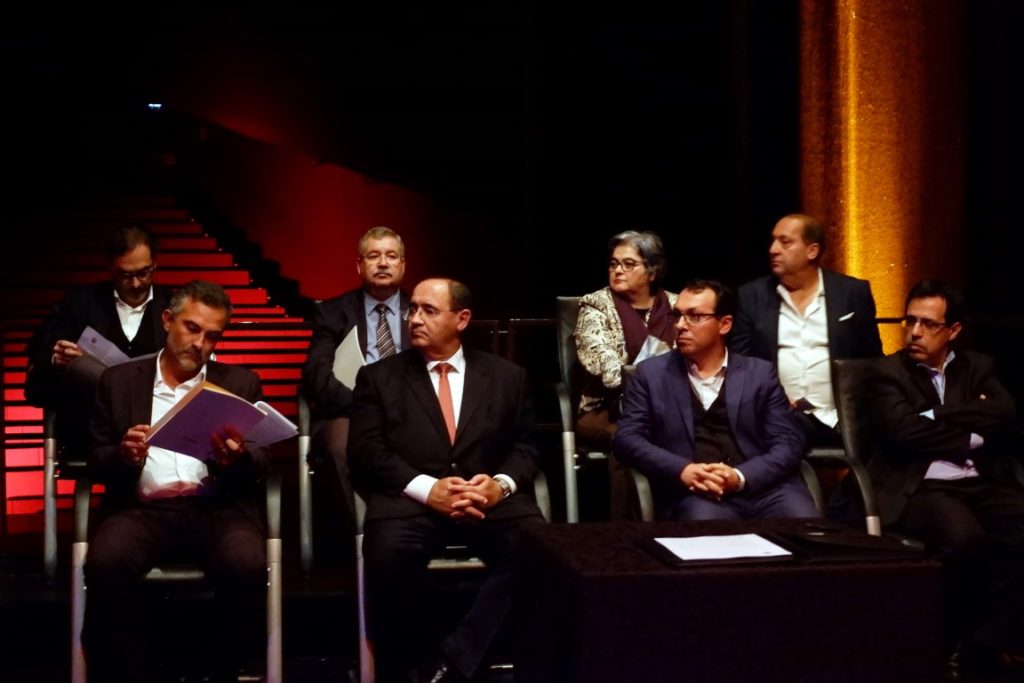
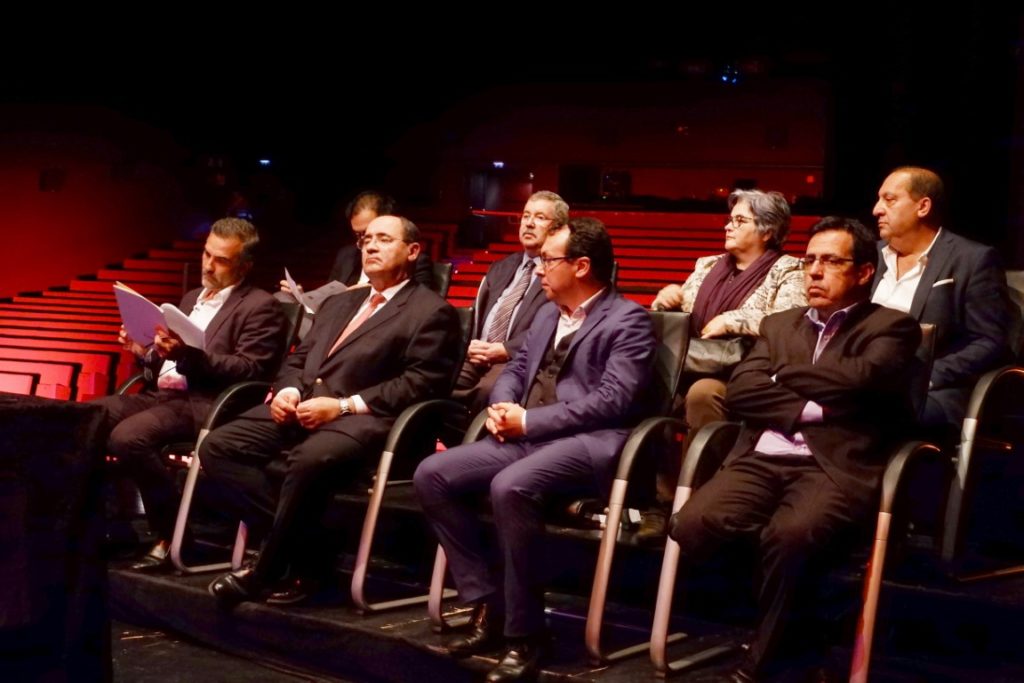
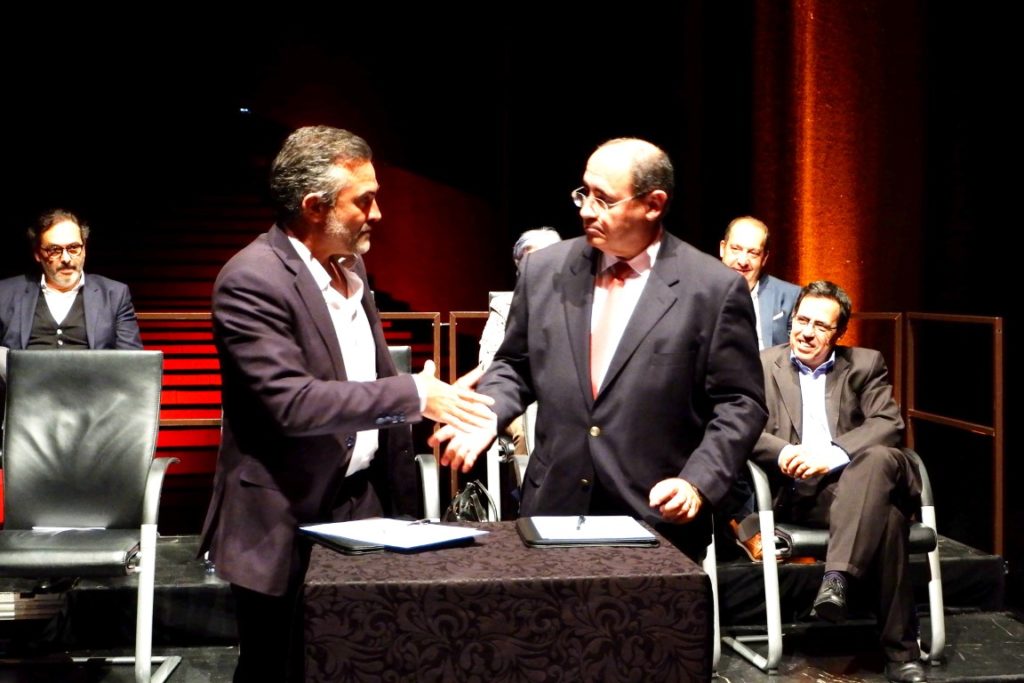
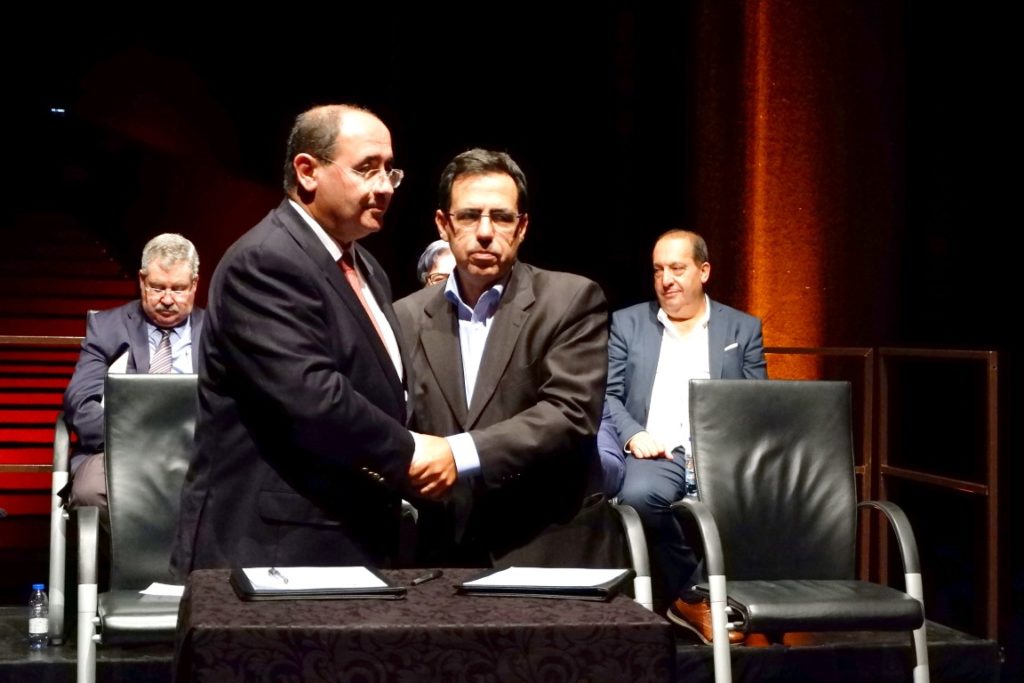
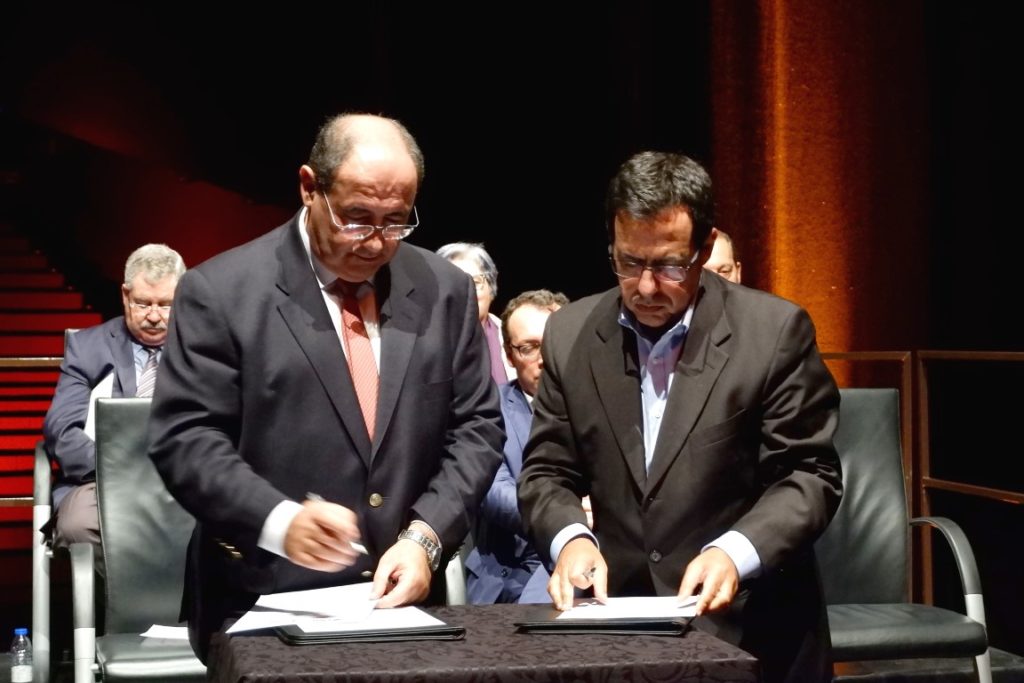
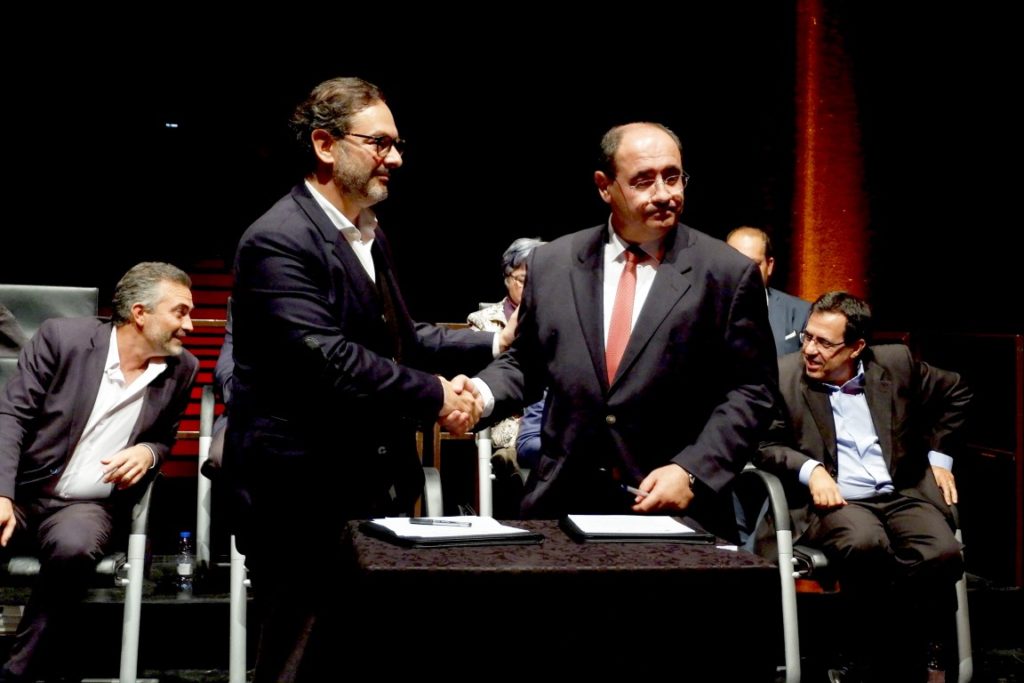

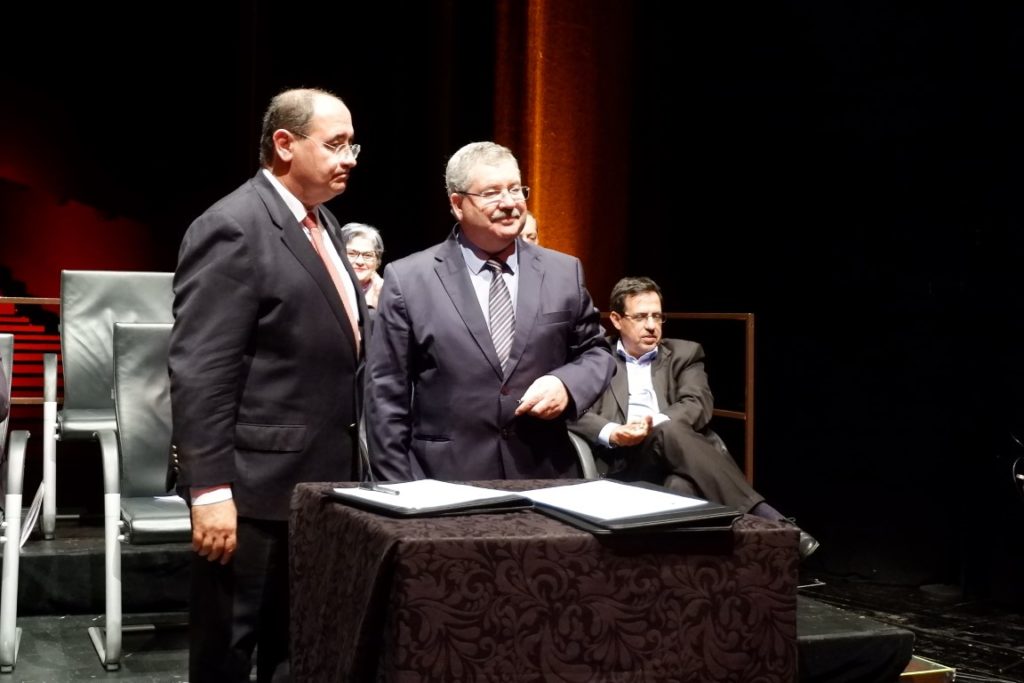
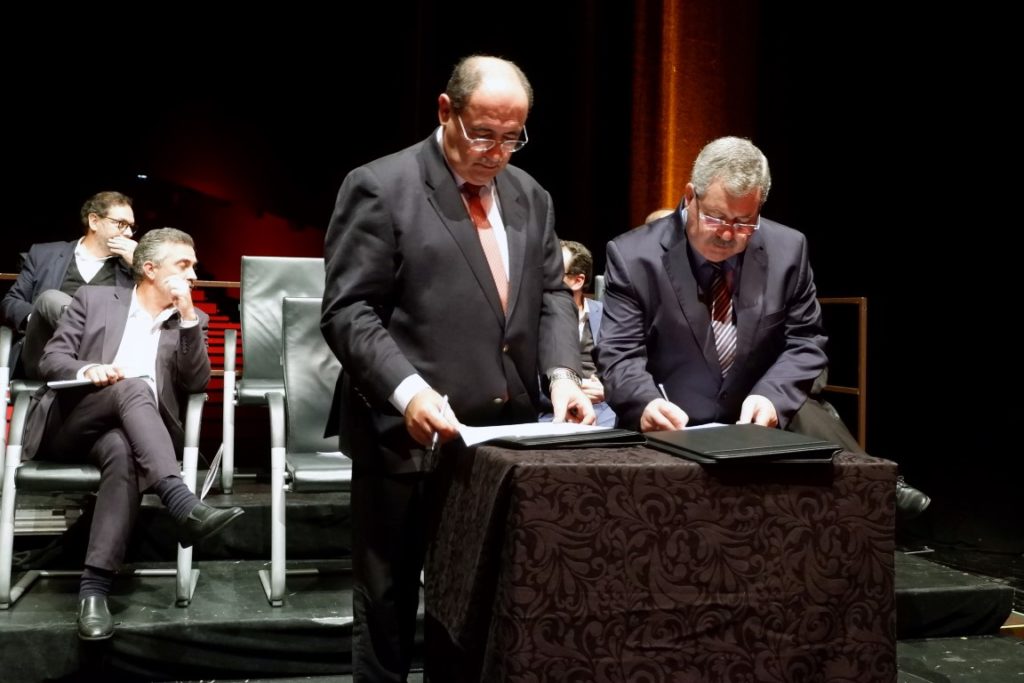
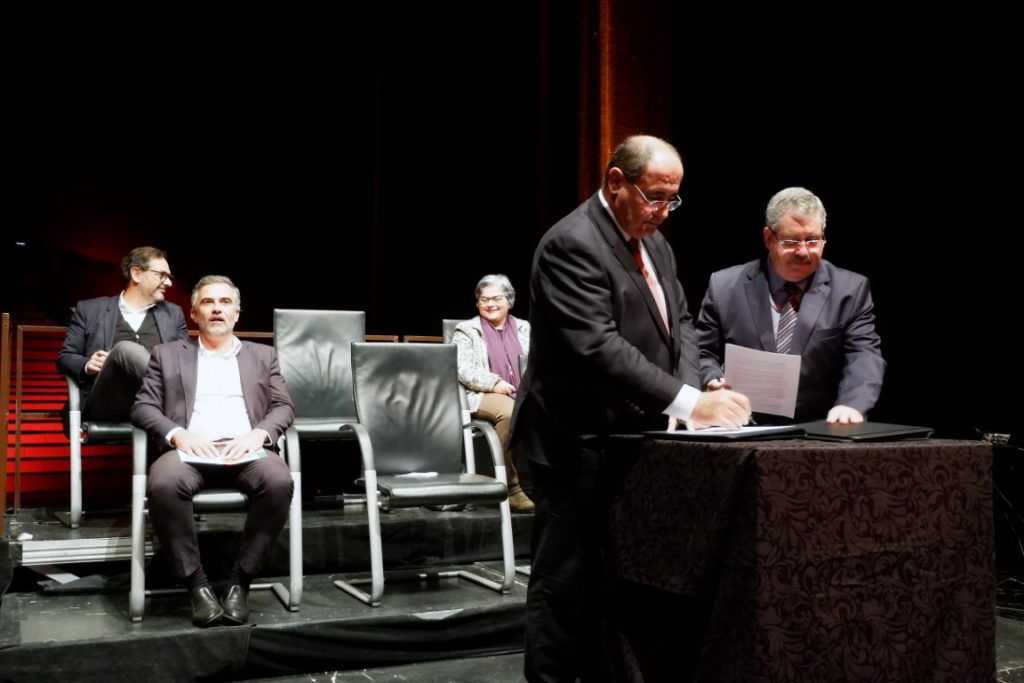
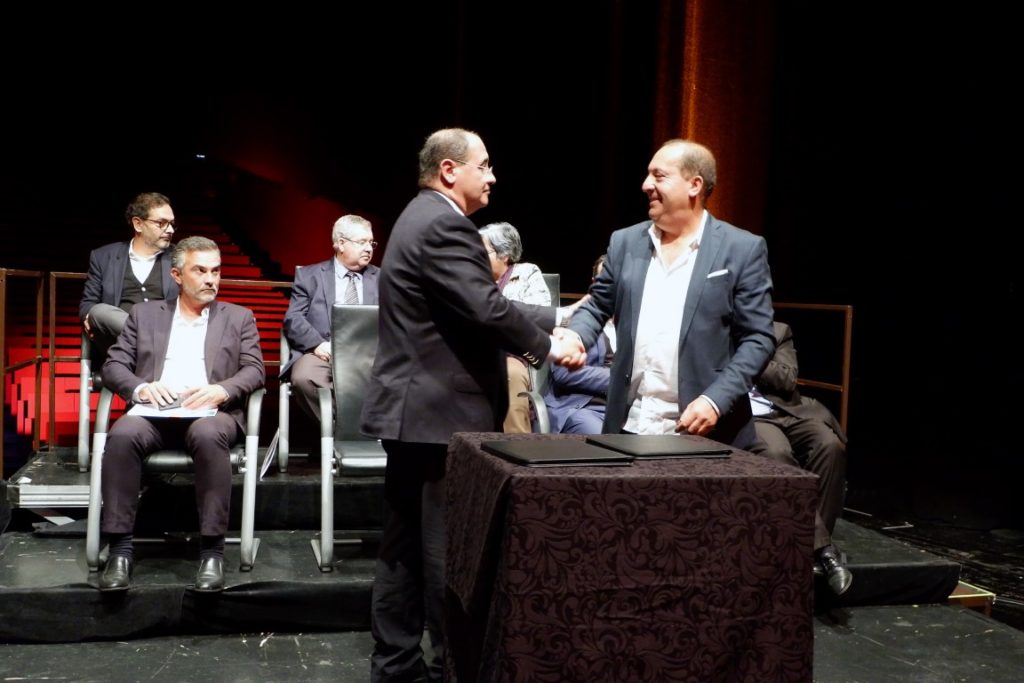
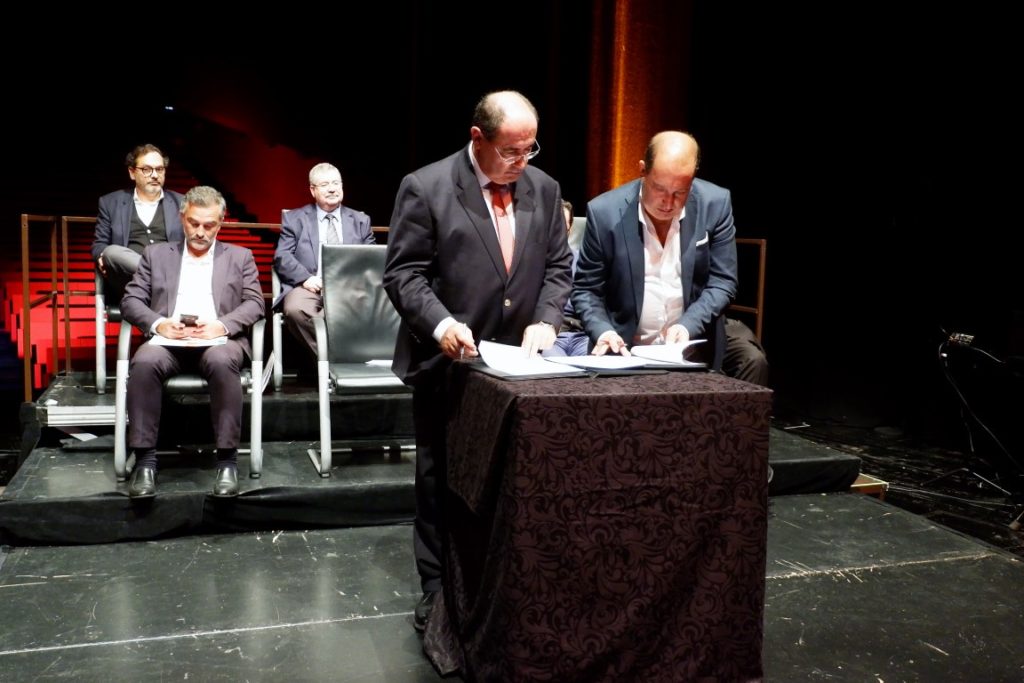

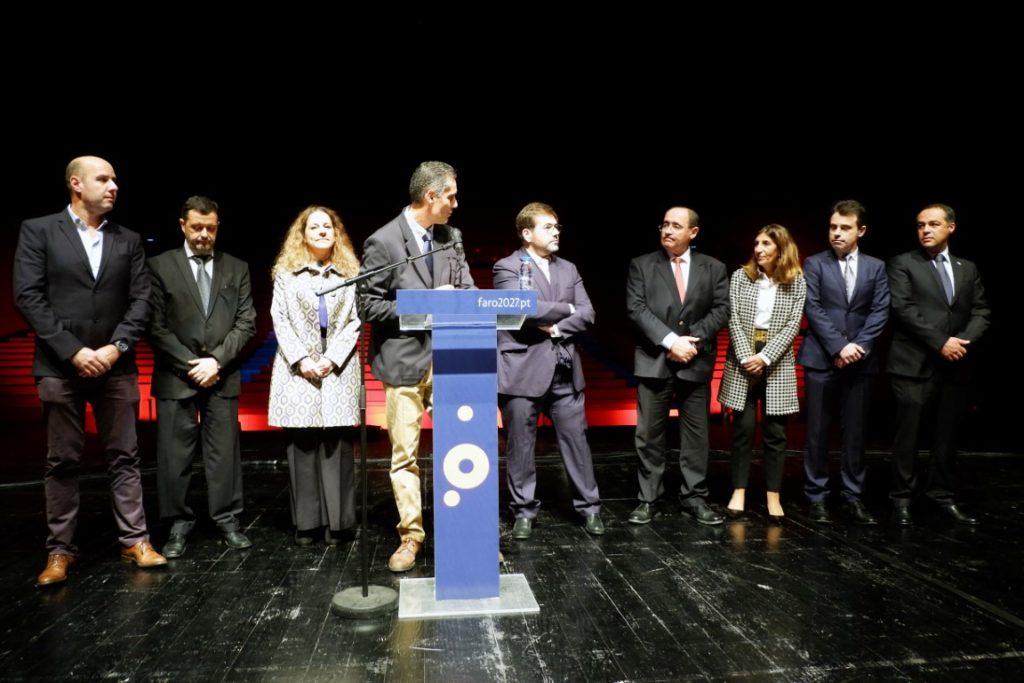
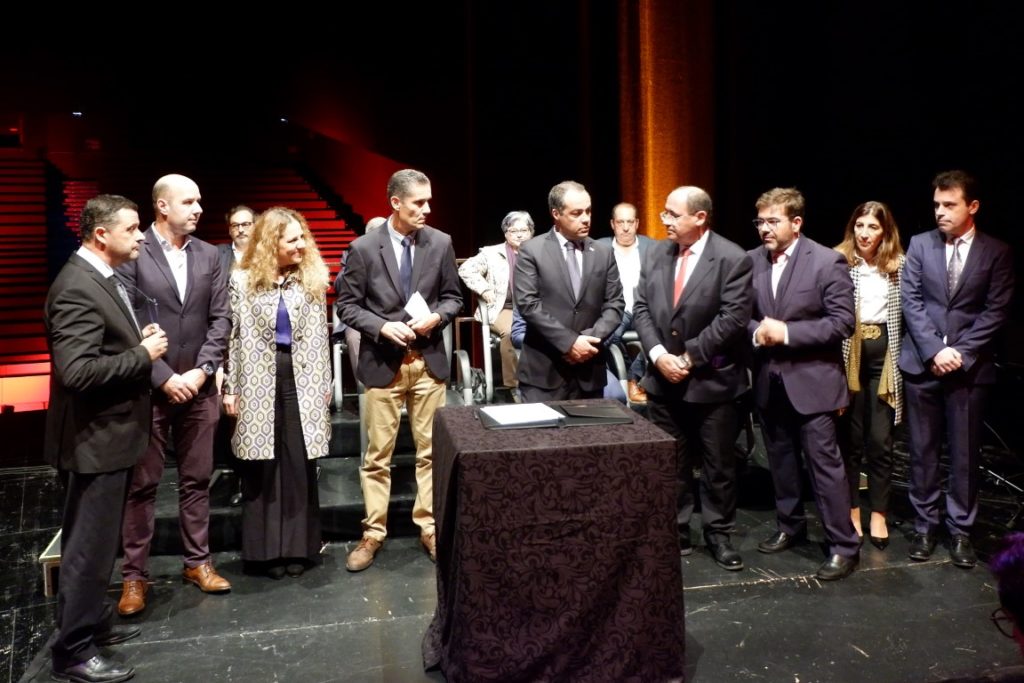
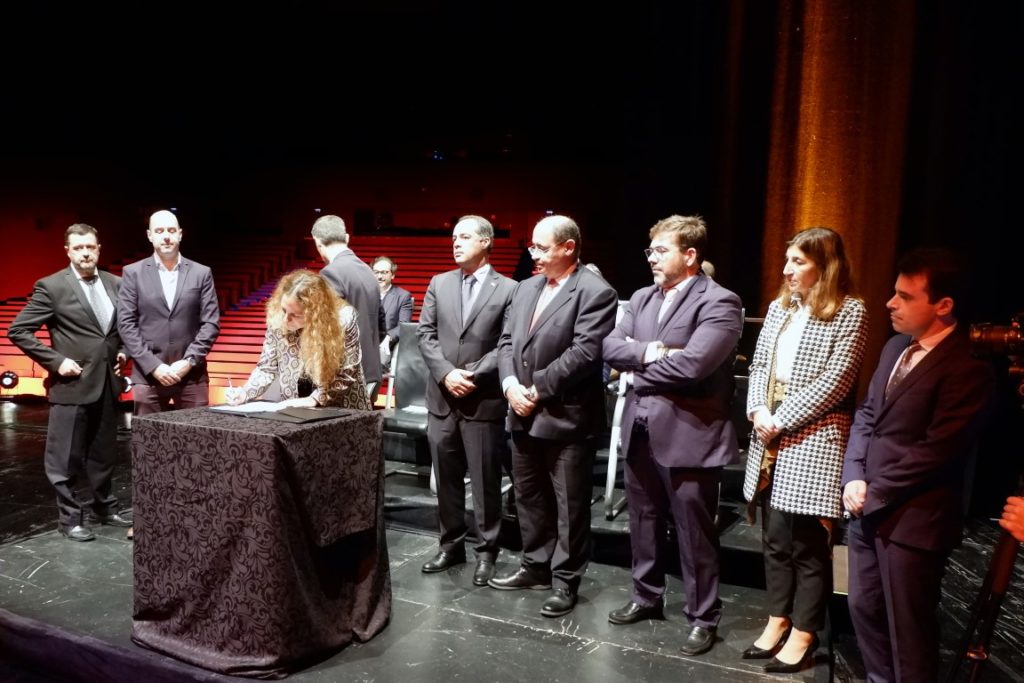
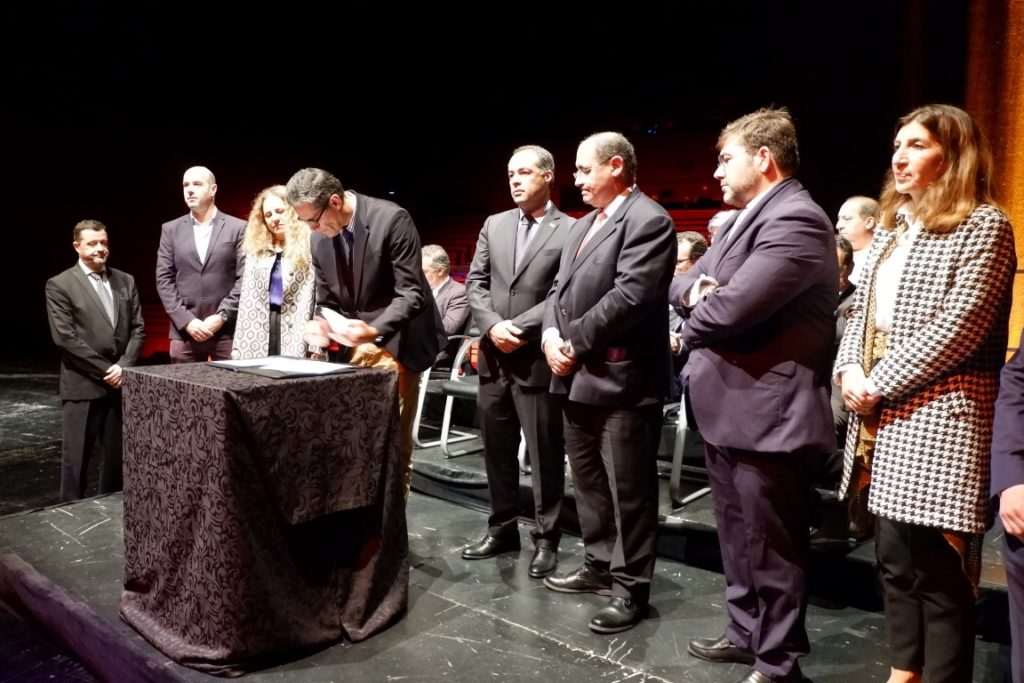
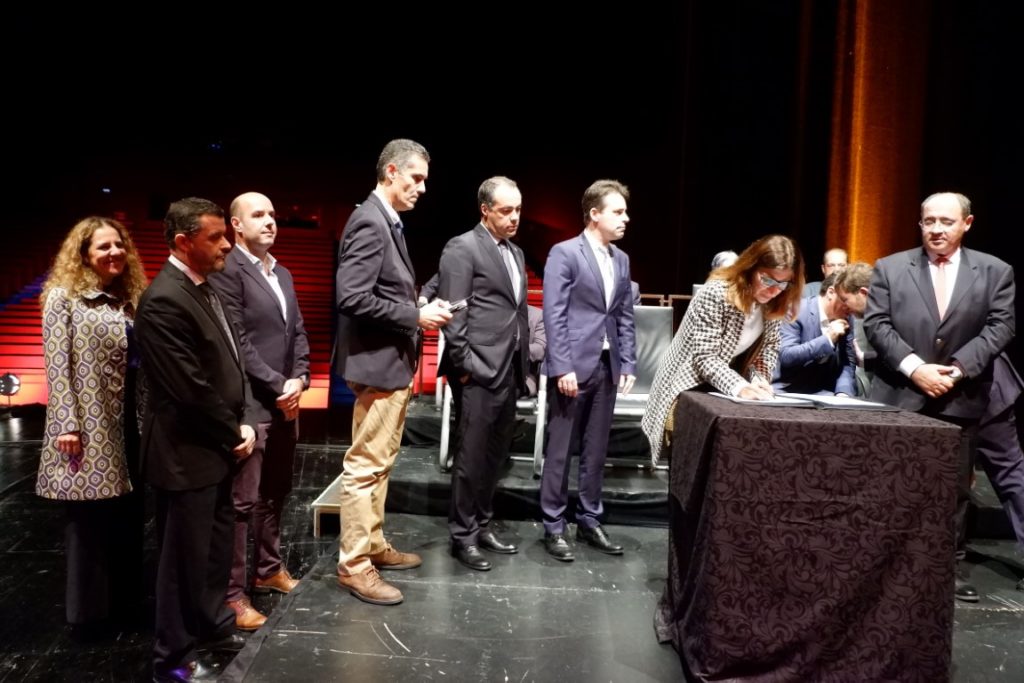
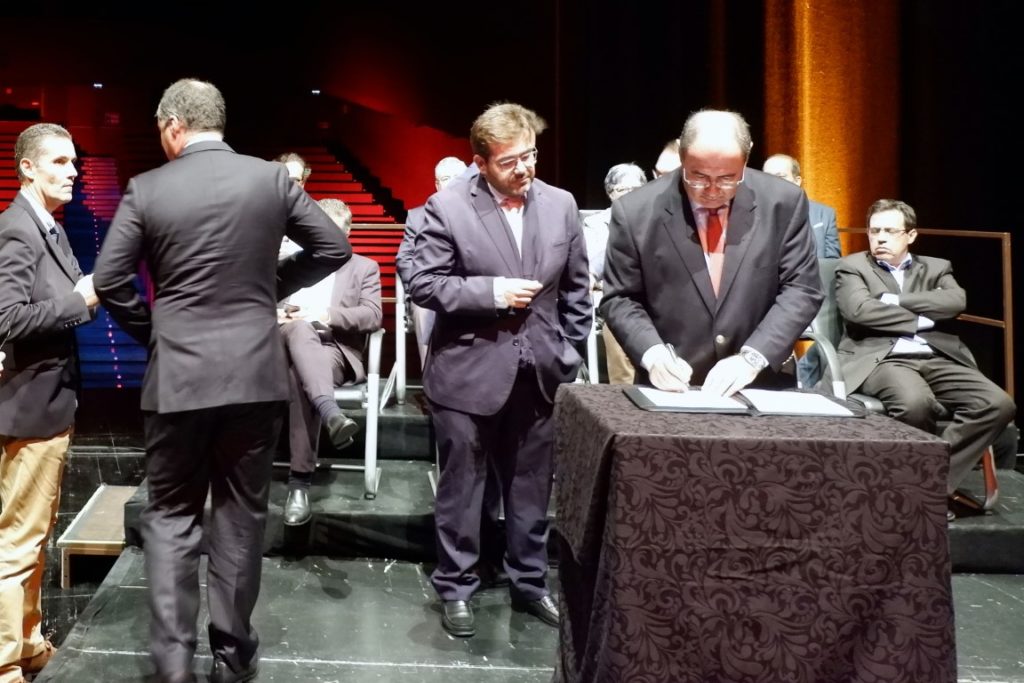
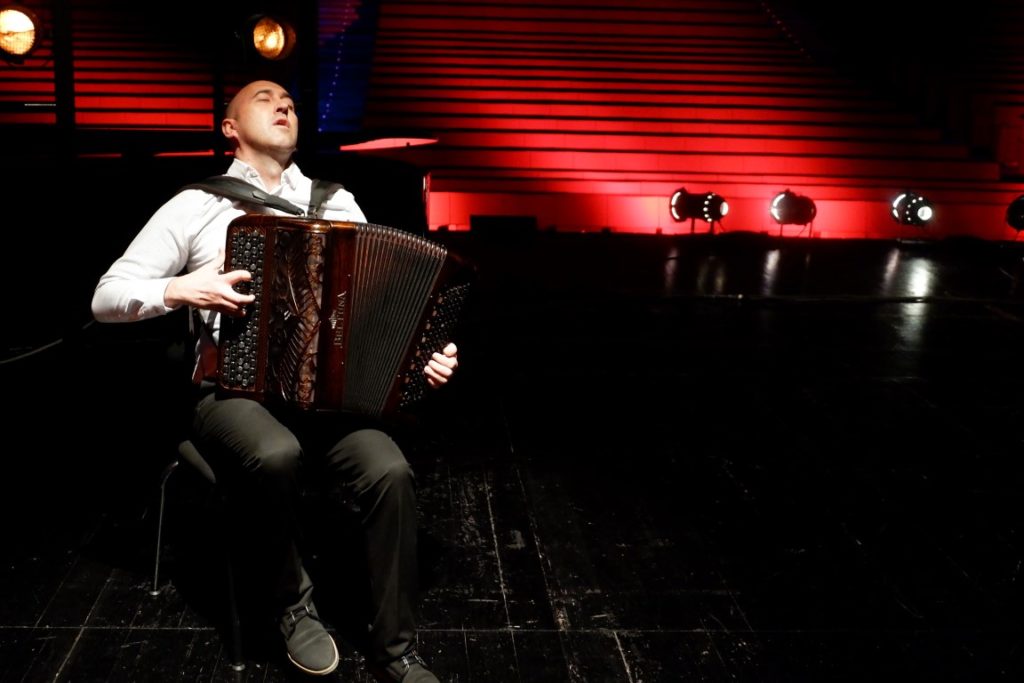
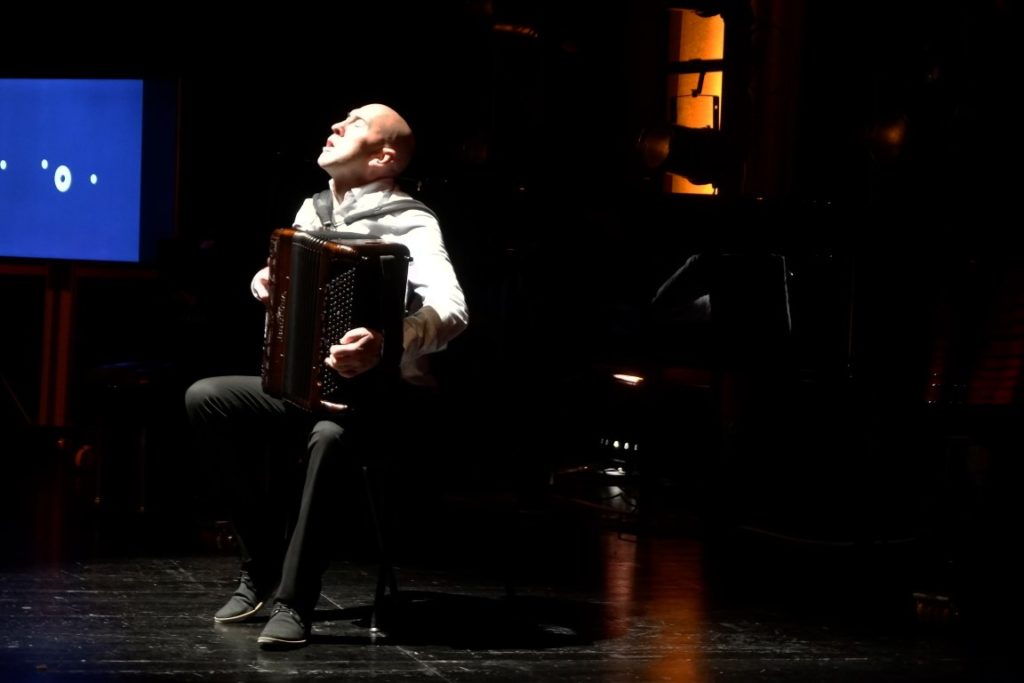
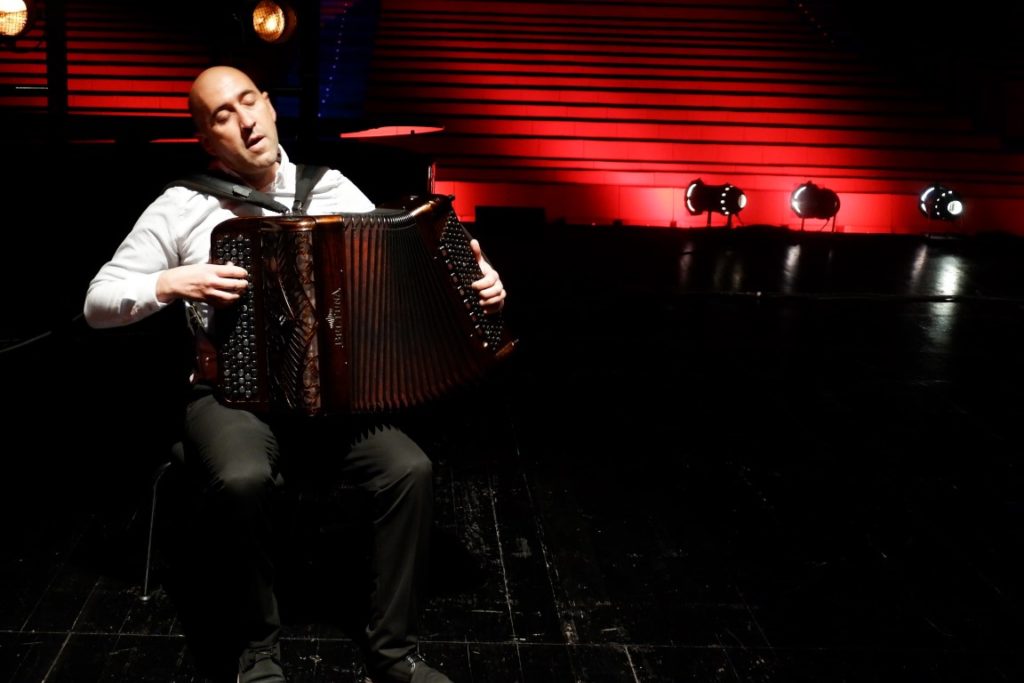
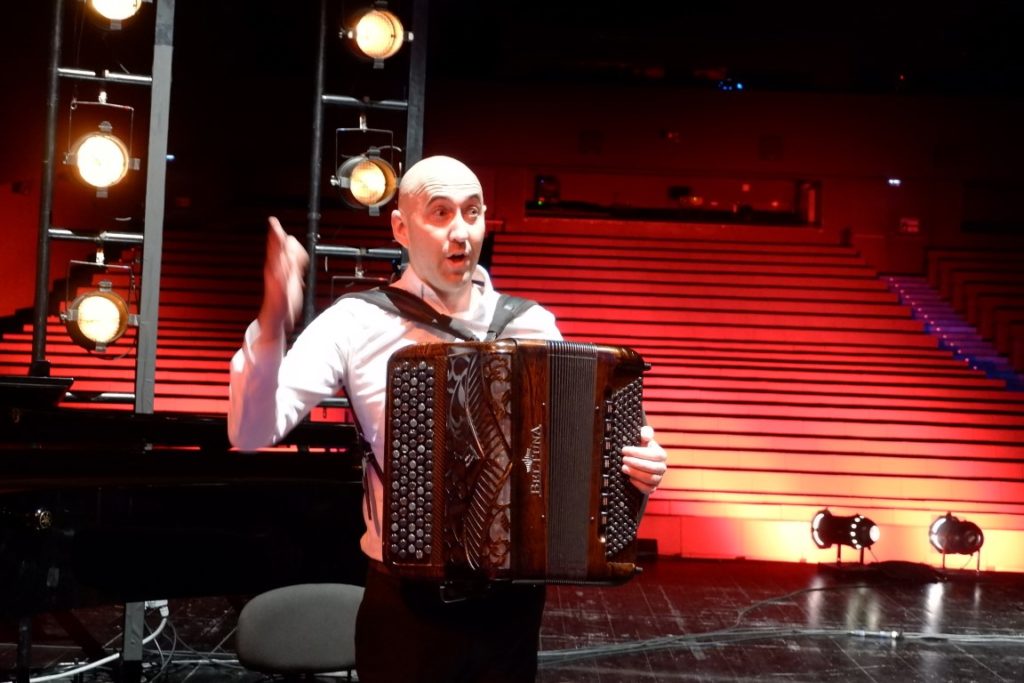
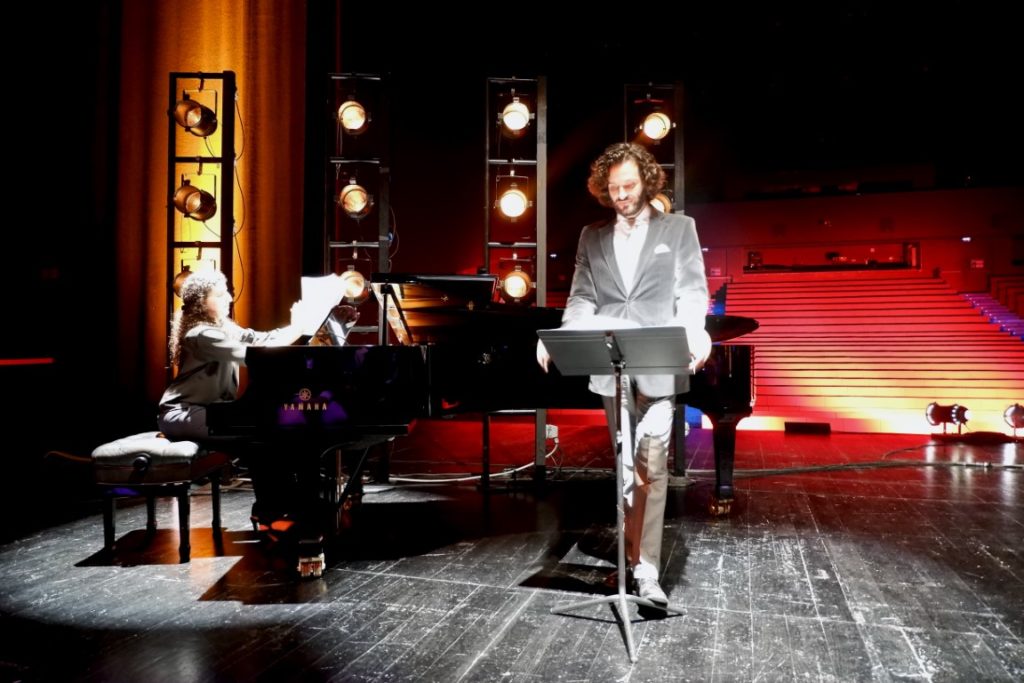


















Comments